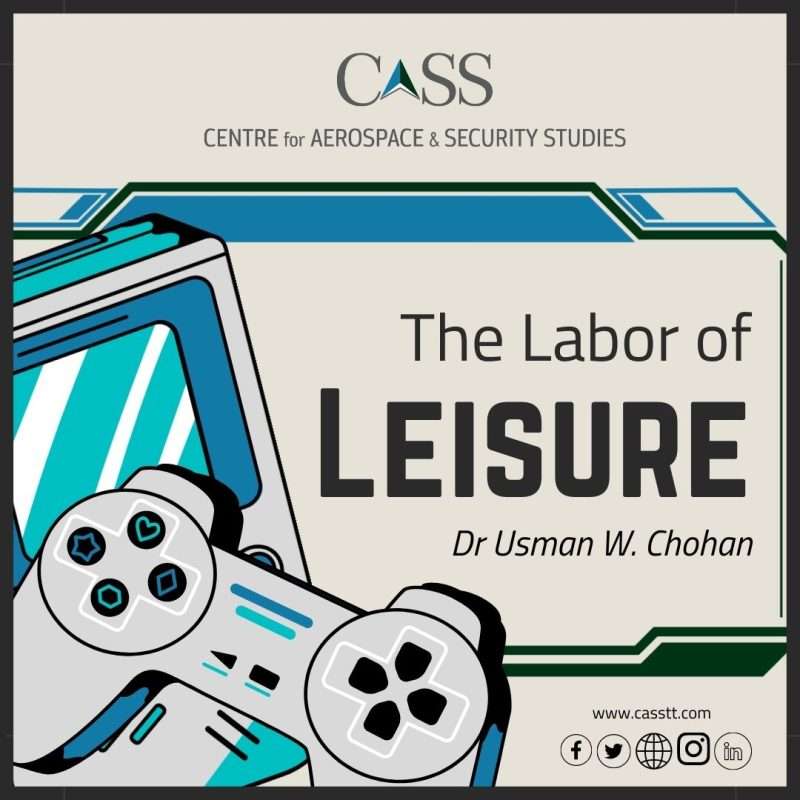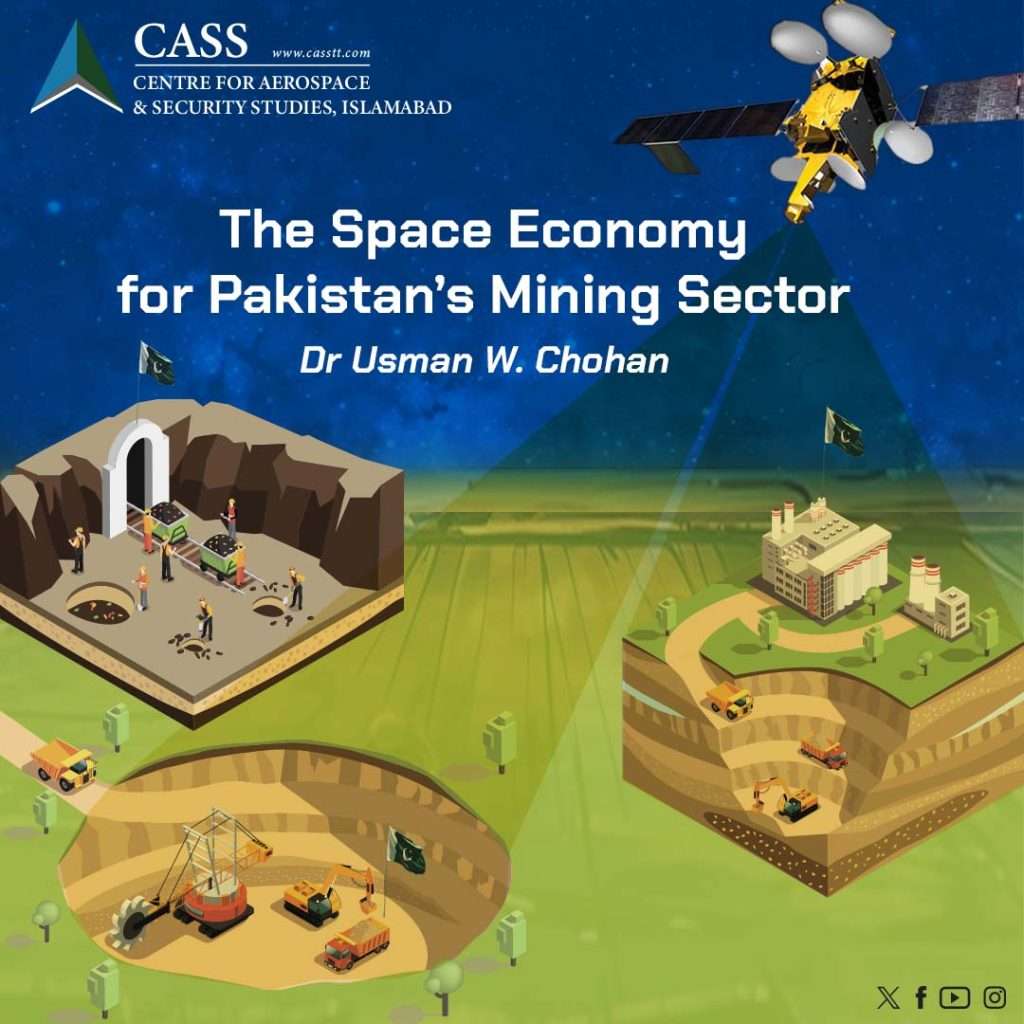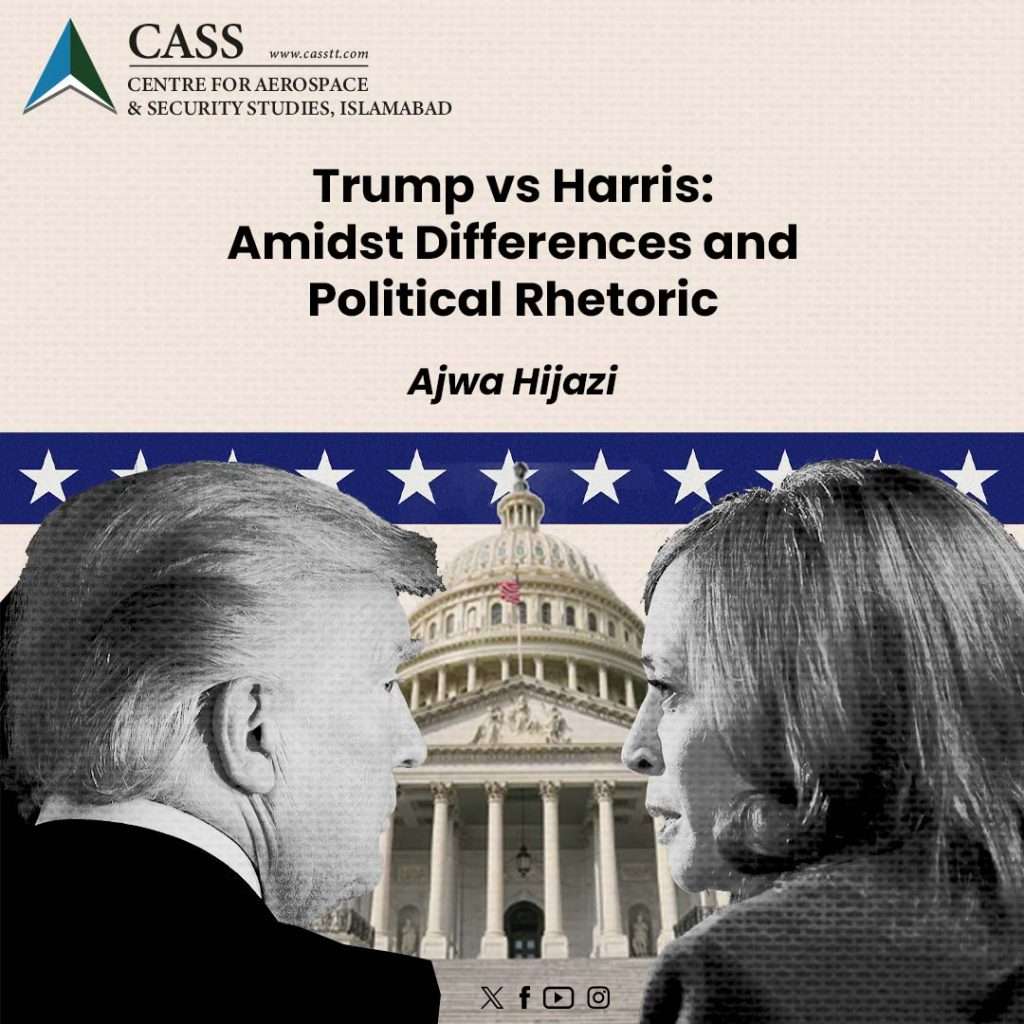It was recently announced by the Minister of Science and Technology Fawad Chaudhary that a special program of animation and videogames would be launched to encourage young people to be part of the large and lucrative global gaming industry. This is an excellent initiative because it could encourage our youth to help drive Pakistan’s economic growth, and diversify our economic base, while also encouraging a more creative polity. There are in fact many ways in which the government can assist in fostering this nascent industry, whether through efforts and investments in coordination, certification, training, co-production, and simply encouragement.
For all the parental cynicism that might accompany such an endeavor, our society must realize that videogames are no trifling matter. They represent a global industry worth more than $150 billion dollars, growing at 10-12% per annum, that has more than doubled in market value over the past decade. The industry employs millions of people worldwide, with more than 2.5 lakh videogame jobs in the US alone, many of whom represent the creative crème de la crème of a generation. As more and more people connect with digital platforms, videogames are taking an ever greater share of consumer spending, and are likely to become one of the most lucrative economic sectors in the next few decades, beyond what they already represent as a juggernaut industry. Employment in this sector is growing at 3% per annum in the US alone, and the coronavirus pandemic has led to both a surge in global demand for consuming videogames, as well as a rise in job opportunities to cater to that demand.
To diversify our economy into such a sector represents very intelligent thinking insofar as we yearn to become a 21st century economy. The banality of our economic outputs, which is essentially bed linens and mangos, is a national embarrassment, and can be seen in our low rankings in rubrics such as the MIT Atlas of Economic Complexity. For a country of 210 million people, Pakistan ranks as the 66th largest export economy in the world, and has a paltry 87th rank in terms of complexity, according to the Economic Complexity Index (ECI). If we are to sell bath towels and rice for another century, we shouldn’t expect to get very far in an era where a global creative class will command the greatest premium on economic capital.
Videogames are one of the most compelling industries in terms of the usage and creation of intellectual capital today. This is because they are (at least in the best cases) premised on powerful narratives, engaging story-telling, and cooperative strategies. These are some of the most important traits of humans as a distinct species, and represent skills central to our evolutionary success. Videogames do not simply reflect these prosocial traits of our species, they also foster and inculcate these skills in a flowering new generation, and that too in an enjoyable and leisured setting.
Therefore, it is important to break from a conservative middle-class mindset that imposes strictures that brutalize leisure (both in videogames and other mediums), given that it is both a powerful economic driver and a sociocultural priority. Leisure should be at the forefront of a modern economic strategy for any nation. Several recent publications have highlighted how many of man’s greatest innovations emerged simply through leisurely and curious pursuits. For example, Steven Johnson’s Wonderland: How Play Made the Modern World is an excellent exploration of how novelty and wonder was always a powerful engine of technological advancement through the centuries.
Beyond this, the cultural theorist Geert Hofstede, whose matrix is one of the most cited frameworks for understanding national cultures, actually includes the attitude of a society towards leisure as one of its 6 core dimensions, as captured by the dichotomy of “indulgent vs. restrained.” By indulgent, it is meant that a society “allows relatively free gratification of basic and natural human drives related to enjoying life and having fun,” while a restrained society is one that “suppresses gratification of needs and regulates it by means of strict social norms.”
As one might be tempted to surmise, Pakistan veers towards being a very restrained society. Yet even longstanding local observers might find it surprising that Pakistan gets a score of zero in this category, i.e. it is the quintessentially repressed polity. However, we must then contend with the repercussions of an anti-leisure ethos of repression, whether in the form of a large youth bulge that is constantly at the mercy of extremist thoughts and messages, or in the form of a substance abuse epidemic in our educational institutions that we cannot muster the courage to even mention.
Hofstede himself warns that the restrained society exhibits a pervasive “tendency towards cynicism and pessimism.“ Such an assessment would be entirely appropriate for a society like ours. Not only is it a case of society brutalizing one’s individuality, it is also a case of myopic economic policy. The sheer merits of encouraging economic diversity through creative channels is the sort of strategy a society needs in the 21st century to assure prosperity. There is an unassailable economic case to encourage a large youth cohort to engage with creative outlets such as videogames, and not just as a consumer, but as a producer within the global creative class.
As such, the youth of this country can become producers of real material value through the development of a vibrant videogame industry. The government’s announced efforts to assist in developing this sector are a welcome initiative, as it can help our youth to shape narratives, engage other societies, and compete and cooperate to develop compelling and lasting works in an eminent medium of leisure. This will allow them to channel their energies towards innovation, while also earning lucrative wages and building up a sector that is emblematic of the world economy going forward.
Above all, the economic merits of developing a videogame sector should be recognized as a means towards fostering a more creative and introspective polity. The creative mind is not beset by the burdens of navigating the world by conforming to the mechanical approbation of others. Rather, it seeks to dream up new worlds, and then see those worlds made manifest through ambition, effort, and toil. That is both the leisure of labour, and the labour of leisure.
The writer is the Director for Economics and National Affairs at the Centre for Aerospace and Security Studies (CASS). The article was first published in THE NATION. He can be reached at cass.thinkers@gmail.com.





